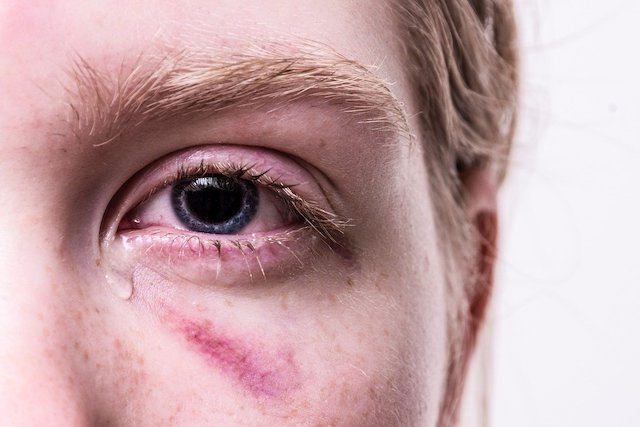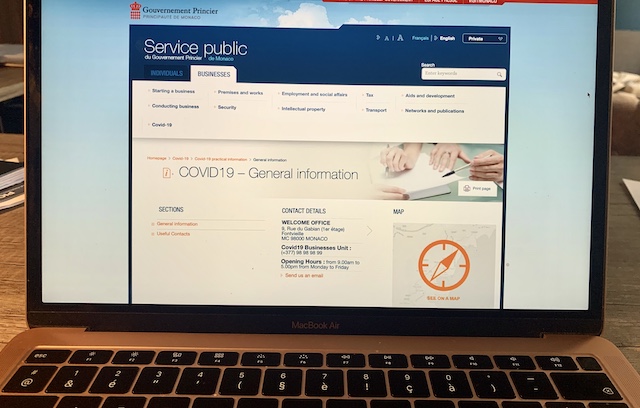The Prince’s government has announced another raft of economic measures to support employees impacted by the Covid-19 crisis.
To date, 21,650 employees have been placed in temporary total unemployment. Between 2,000 and 2,500 self-employed workers are left without income.
“Faced with this exceptional situation, the Monegasque authorities are deploying an arsenal of support measures,” said the government in a videoconference press briefing on Tuesday night.
Use of CTTR (Reinforced temporary total unemployment)
This system, designed to protect employees – 75% of whom live outside the Principality – was, according to the government, requested by 2,625 employers and concerns 21,650 employees, or 40% of Monegasque employees. The State already has a system of reimbursing employers up to 80.6% of the net salary of each employee. The cost of the measure: €50 million per month.
Boost to low wages
For employees who earn up to €1,800 a month, they will now receive 100%, not the previous 80%, of their salary. Up to 9,000 people will benefit from this measure at a cost of €1.6 million per month.
‘Extraordinary Minimum Income’ for the self-employed
Self-employed workers in the Principality will be able to claim an ‘extraordinary minimum income’ fixed at € 1,800 per month, allocated by the General Treasury of Finances. Cost of the measure: €3 million per month (based on an estimate of 2,000 to 2,500 applicants).
Temporary workers
6,000 temporary workers have been hit hard by the crisis as they are not eligible for the CTTR, says the government. As a relief, the State will make advance payments to temporary work agencies for the payment of holidays due.
Exemption from commercial rents
Regarding State-owned premises, March rents will be reimbursed. Rent for the next three months will be fully exempt.
Regarding private commercial rents, “the State has decided to intervene with various owners to make them aware of this crisis situation,” is all the government would reveal.
Cash for very small businesses
As the State cannot provide cash directly, it will immediately inject €50 million for small businesses via banking establishments. Entrepreneurs will be able to benefit from a sum of up to € 50,000 to pay, in particular, the wages or rent which constitute their main fixed costs. These amounts loaned by the banks are guaranteed by the State. This means that in the event of default by the borrower, the government will reimburse the bank. For the bank, the risk is therefore zero.
No social security contributions on salary supplements
Employers who would like, as part of a CTTR procedure, to pay the additional 20% of their employees’ wages so that they receive a 100% amount will be exempt from social charges on this additional part.
Teleworking now compulsory when possible
There are currently 993 companies in the Principality which have adopted teleworking, concerning 10,381 employees compared to 1,300 before the Covid-19 crisis. “Teleworking is becoming the norm, it is made compulsory whenever possible. This means that each refusal must now be clearly justified.”
Prohibition on dismissals during the health crisis
The Princely Government, in agreement with the National Council, has taken a decision to make any dismissal impossible except in the event of proven gross negligence.
On Wednesday 1st April, the costing of these economic measures will be examined by the government, before being presented to the National Council in an exceptionally amended draft budget.
“The amount of these additional expenses is estimated for the coming quarter at €280 million, to which must be added a drop in expected revenue of around €180 million,” concluded the government.
€280 million to cover Monaco’s workers




